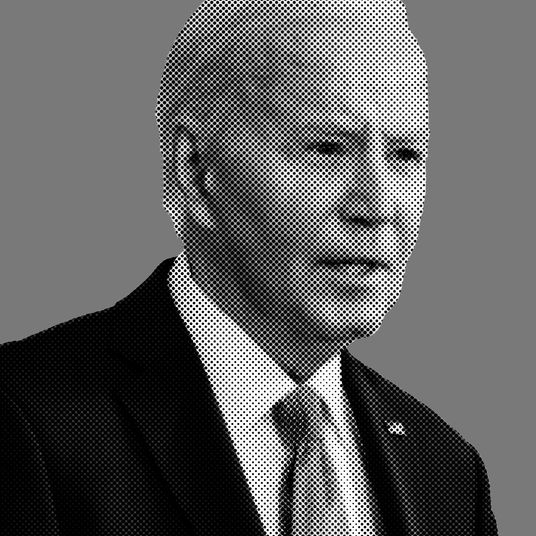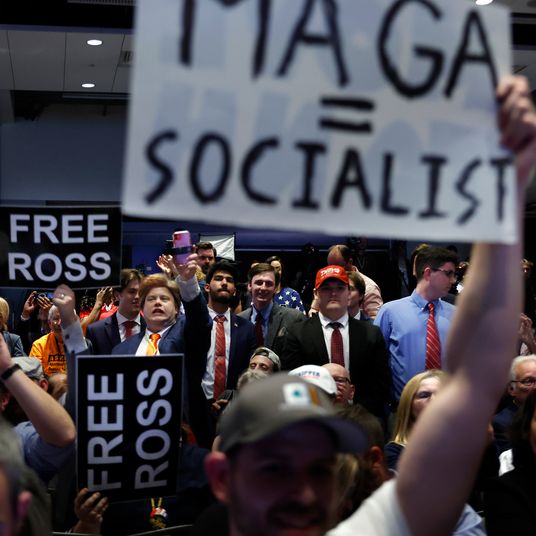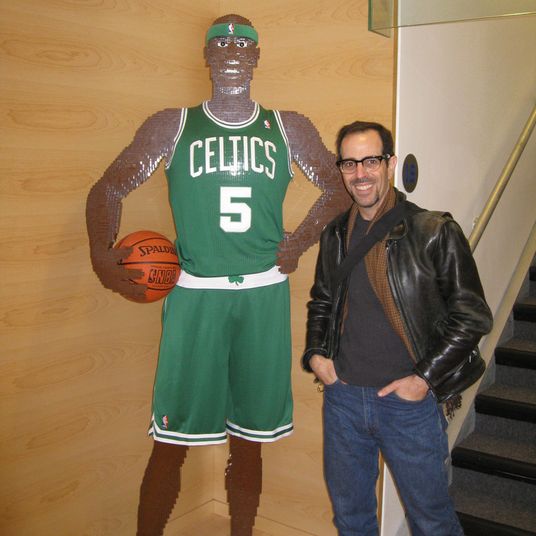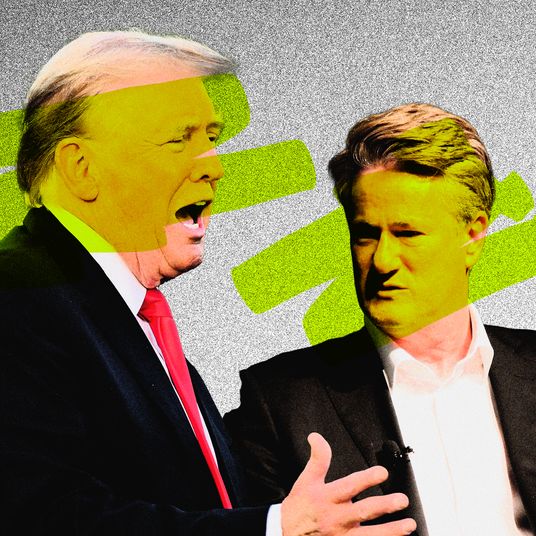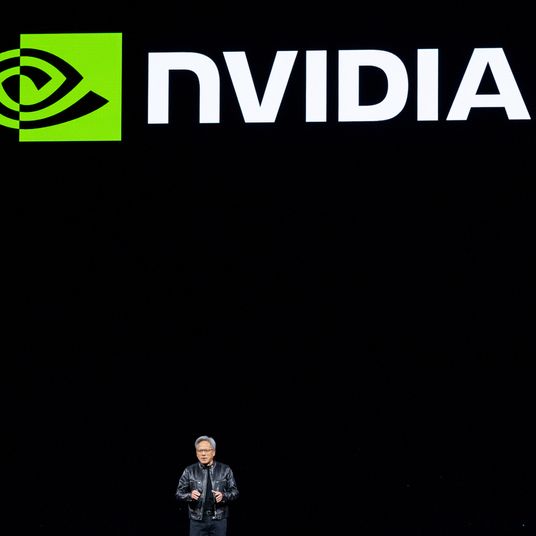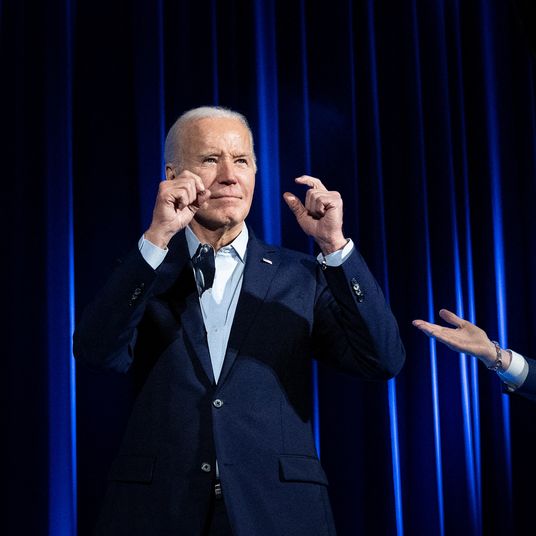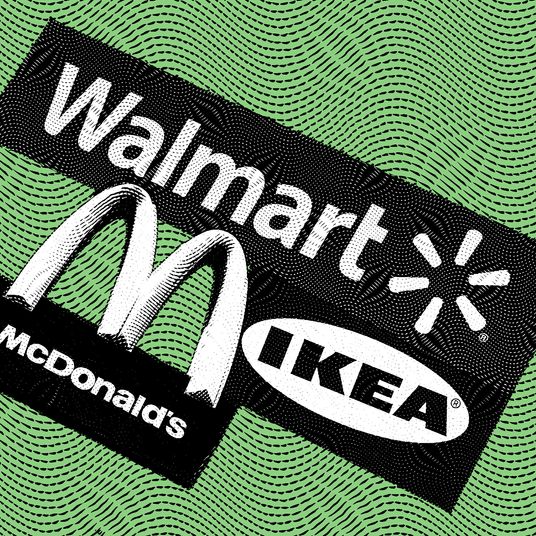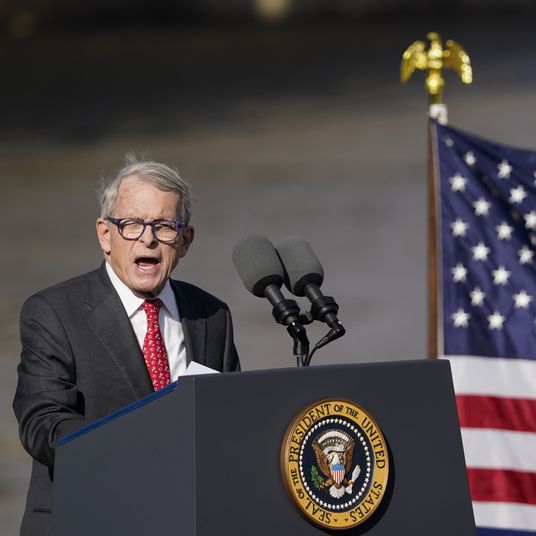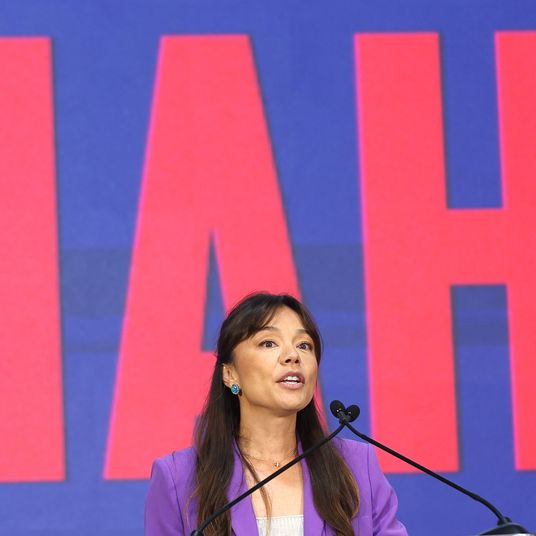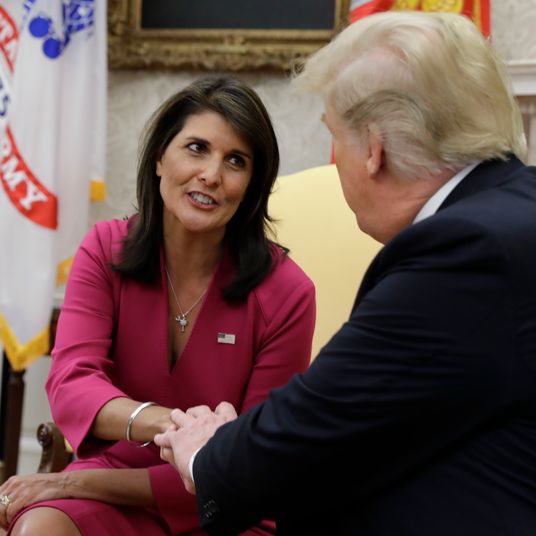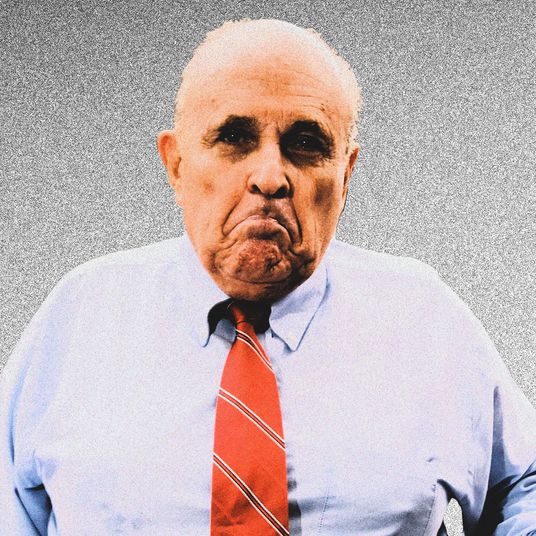
Jack Dorsey, who apparently has a lot of time on his hands since resigning as Twitter’s CEO in November, has been returning to his old site to do what one does there: troll. On Tuesday night, the tech founder — who once spent ten days in a silent yoga retreat — took yet another swipe in a recently public feud with Marc Andreessen, the venture capitalist kingmaker whose money has coursed through Silicon Valley for a generation.
The sniping from two of the world’s richest men has, as of late, been about “web3,” a term for what developers think the internet will look like in a few years, a kind of decentralized digital world that operates on a kaleidoscopic mix of of metaverses, blockchains, and non-fungible tokens, or NFTs. Dorsey, a pioneer of the social media age, has been a big supporter of bitcoin, but has otherwise decried web3 as mere marketing at best, and at worst a smokescreen for VCs to consolidate more money and power. Andreessen — who founded Netscape, and has been an early investor in giants like Facebook, Airbnb, and even Twitter — has disagreed, arguing that a decentralized internet, built on the blockchain technology that created bitcoin, is the future. The argument got so heated that Andressen blocked Dorsey.
But Silicon Valley’s most high-profile business break-up apparently started — like most of these things do — with a spurned advance.
In a little-noticed podcast released late last month, another prominent VC, Jason Calacanis, spilled some details about a time when Andreessen Horowitz, the VC’s eponymous fund co-founded by Ben Horowitz, tried to take over Twitter entirely. The story, as Calacanis told it, goes back years — to around the end of the Obama administration — when the company’s stock was at its lows. “This I don’t think anyone’s ever talked about publicly, but there was talk when Twitter was at its bottom of a Twitter buyout, and I know that Andreessen Horowitz was trying to do a Twitter buyout. That’s not public knowledge,” Calacanis said.
At the time, the fund would hardly have been alone among suitors trying to take over the social media company. Disney, Salesforce, Google, and Apple all considered scooping it up, as well as private equity firms Silver Lake and General Lake, and future SPAC evangelist Chamath Palihapatiya. It’s not really clear what happened, why it was turned down, or even if Dorsey was involved in any of the discussions. For what it’s worth, Calacanis — also blocked by Andreessen — didn’t get back to me when I asked for more details, and neither did the spokespeople for Twitter or Andreessen Horowitz.
Andreessen Horowitz’s one-time interest makes for tantalizing what-if scenario in the already incestuous world of California tech — but judging by Dorsey’s recent tweets, any deal probably wouldn’t have worked. The Twitter co-founder has made it clear that he trusts few VCs, except for those who “know their place.” “You don’t own ‘web3,’” Dorsey wrote in a tweet last month. “The VCs and their LPs do. It will never escape their incentives. It’s ultimately a centralized entity with a different label. Know what you’re getting into.” And in another late Tuesday night quip to Chris Dixon, another crypto investor at Andreessen, he suggested that VCs are hiding who really controls them, since they aren’t bound by the same disclosure rules as publicly-traded companies.
However the fight turns out, it has a feel closer to a professional wrestling match, except this one is between Dorsey, who Forbes says is worth about $8.5 billion, and Andreessen, who’s worth about one-sixth of that. Nobody is really going to lose. So far, it’s only raised Dorsey’s profile as an evangelist for a future where there are fewer conflicts, and less concentration of power, in tech. Whether that’s true is a whole other matter. Dorsey has plenty to gain by knocking down a whole class of new companies since he is still, after all, the CEO of Block, neé Square, a financial services company that’s developing its own blockchain products, and owns Cash App and Jay-Z’s former music streaming service, Tidal. For their part, Dorsey’s bugaboo VC fund doesn’t include Twitter on its website of investments anymore — if it ever did — even though they put $80 million into the company in 2011, prior to its initial public offering. And Andreessen himself has been publicly relishing his block button in post after meme-filled post.






